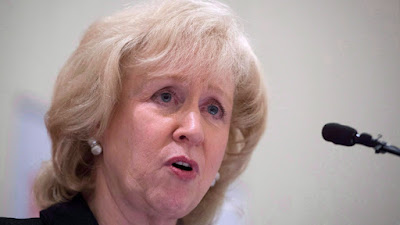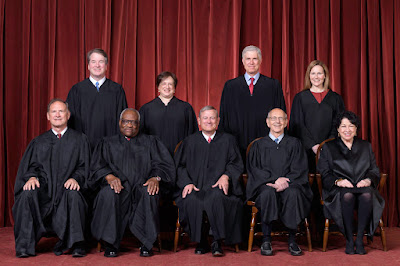Recently, Justin Trudeau had to cancel a public appearance in British Columbia. Michael Harris writes:
The RCMP decided that it would not be safe for Justin Trudeau to make a public appearance at a Liberal fundraiser because an anti-Trudeau crowd gathered outside, complete with truckers driving in a loop around the venue, might become an anti-Trudeau mob.
Once again, a pack of hooligans masqueraded as protesters, just as members of the Freedom Convoy did in their recent occupation of Ottawa. Their belligerent presence in the nation’s capital paralyzed the city and forced the evacuation of the PM and his family for several days.
Their goal was to occupy and take over, not to protest. Real protesters make their point; these thugs try to stop whomever they don’t like from making theirs. That is the exact point where democracy turns into a bikers’ New Year’s Eve party.
These were not dudes in British Columbia standing up for something. They were duds shouting racist epithets at South Asian Canadians who wanted to hear the PM speak. It was the familiar ugliness. Turban-trashing, Trudeau-hating, and even a noose carried by one of these sorry-assed goons with a sign: Treason and Trudeau. Trudeau ended up speaking to the fundraiser remotely to defuse a bad situation.
Our politics has taken an ugly turn, inspired by the Orange Moron south of the border:
You know you have a problem when there are multiple threats against members of the government, including several against Trudeau and Finance Minister Chrystia Freeland personally. And no one should forget how far these threats can advance.
Remember Corey Hurren, the heavily armed ex-military guy who crashed the gates of Rideau Hall looking for the prime minister? He wanted to arrest Trudeau over COVID-19 restrictions, and the ban on assault-style weapons. Like the ones used in Texas to wipe out 19 children and two teachers.
For those who remember the last election campaign, Trudeau was dogged by ignorant, abusive mobs, including one that hurled not just insults and obscenities, but stones at the PM. Sorry. Fuck off is not a political statement. It is abuse. And it is also the death knell of politics as we know it.
As NDP Leader Jagmeet Singh said at the time, “I can’t imagine that I’m saying this in 2021—don’t throw rocks at people because you disagree with them. That is basic. That should not be happening.”
As I wrote yesterday, it's time to call this what it is -- fascism on the march.
Image: Bangkok Post
























